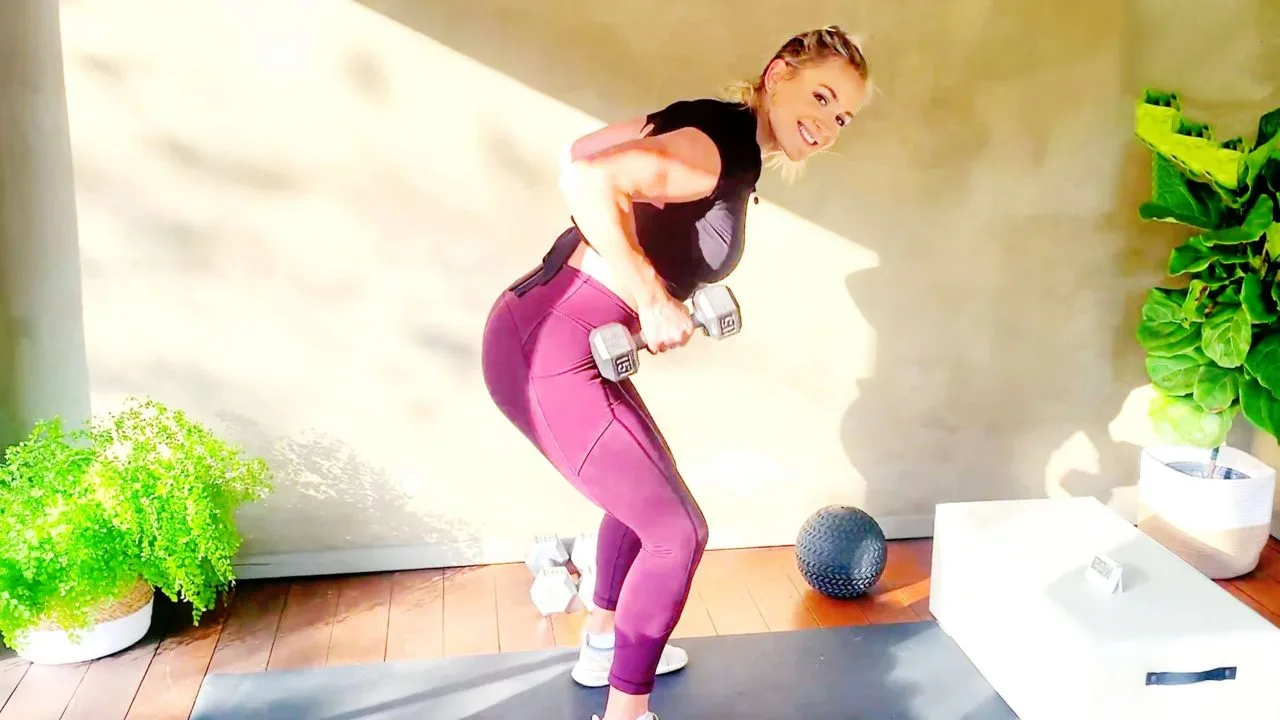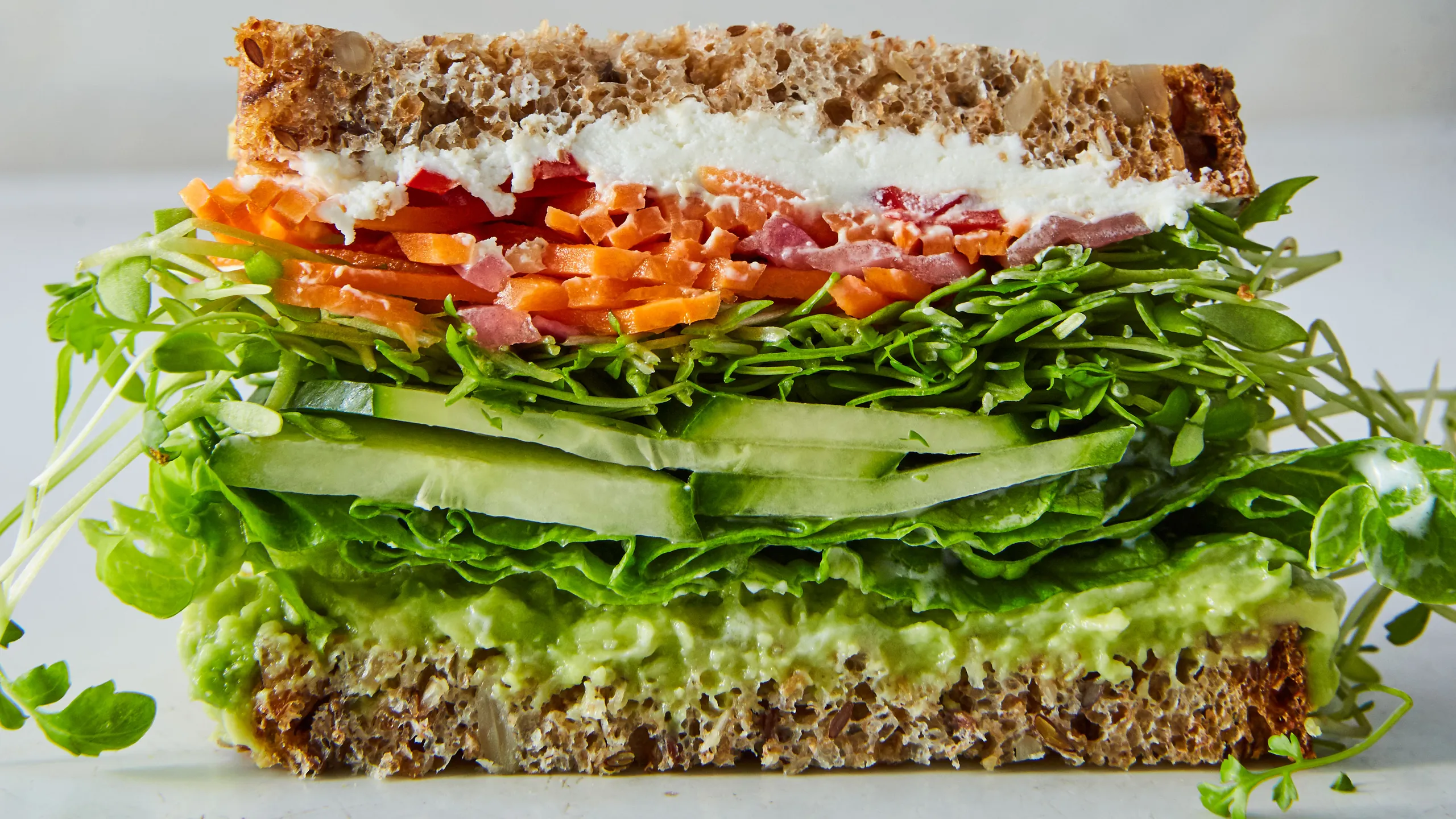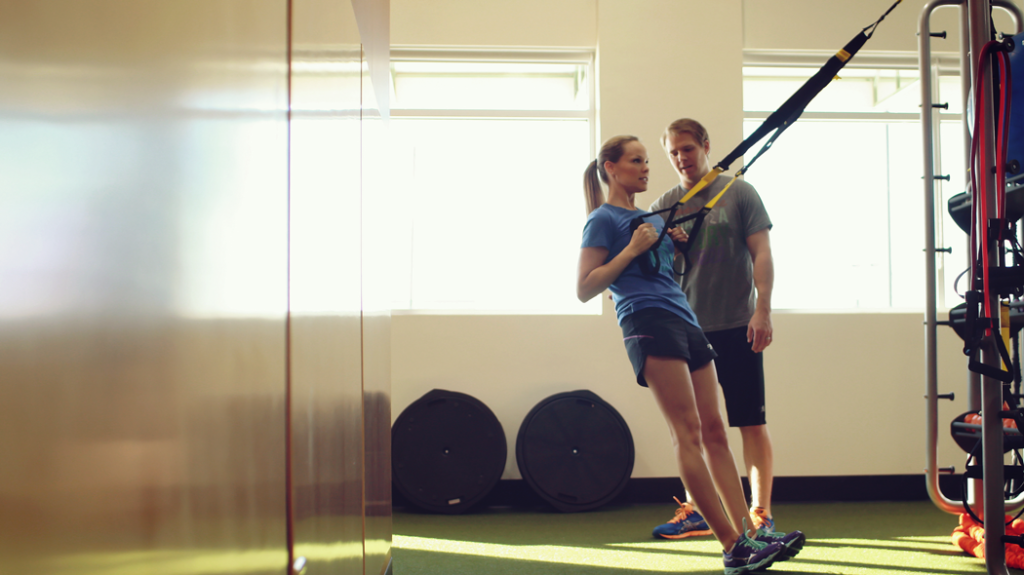Have you ever felt stuck during your fitness journey? I sure have. After months of watching the scale go down, it suddenly froze. No matter how much I worked out or what I ate, I couldn't drop another pound. That’s when I realized—I’d hit a weight loss plateau.
In this blog, I’ll share exactly how to break a weight loss plateau with fitness using real-life strategies that worked for me. I’ll also include expert advice, simple explanations, and friendly tips anyone can follow—even if you’re just getting started.
What Is a Weight Loss Plateau and Why It Happens
At first, weight loss is exciting. The numbers drop fast. But eventually, the body adapts. That’s what happened to me. I was doing the same workouts and eating the same meals—but getting no results.
Common reasons your weight loss has stopped
- Your metabolism slows down as you lose weight
- Your body adapts to the same workout routine
- You’re unknowingly eating more calories
- You’re not sleeping enough
- Stress is messing with your hormones
When I understood these things, I knew I had to make a change.
Read also: Best Home Fitness Equipment For Small Spaces
How to Break a Weight Loss Plateau with Fitness
The best way I found to push past my plateau was to switch up my fitness routine. Small changes made a big difference.
Change Your Workout Intensity
I used to walk every morning. But once my body got used to it, the fat burning slowed down. So I started adding HIIT (High-Intensity Interval Training).
High-intensity workouts help shock the body and reset your metabolism, says Dr. Emily Carter, certified fitness coach.
Start slow: 30 seconds of fast movement, 1-minute rest, repeat.
Try New Exercises
I was stuck in a routine—same moves, same machines. So I added:
- Strength training
- Resistance bands
- Bodyweight exercises like planks and squats
My muscles started responding again—and so did the scale.
Add Strength Training to Build Muscle
Muscle burns more calories than fat. I didn’t know that at first. Once I added weightlifting, I saw results within two weeks.
Switch Up Your Workout Schedule
Working out at the same time every day might not challenge your body enough. I started mixing it up:
- Morning jogs
- Evening weight sessions
- Weekend yoga
It made workouts feel fresh again.
Read also: Somatic Exercises For Weight Loss Free
Nutrition Tweaks That Support Fitness
Track What You Eat (Accurately!)
I thought I was eating healthy. But little bites and snacks added up. Once I tracked my meals with an app, I found hidden calories.
Focus on Protein
Protein helps repair muscle and keeps you full. I aimed for:
- Eggs
- Chicken breast
- Greek yogurt
- Tofu and lentils
My recovery improved, and I stopped feeling hungry all the time.
Drink More Water
Sounds basic, but water helps:
- Burn fat
- Digest better
- Stay full longer
I keep a water bottle next to me all day now.
Listen to Your Body: Recovery Matters
Sleep is Your Superpower
I used to think 5 hours was enough. It wasn’t. Once I started getting 7–8 hours of sleep, I noticed:
- Better workouts
- Less cravings
- More energy
Take Rest Days
Your muscles need time to grow. Overtraining can stall progress. Now I rest every Sunday. And guess what? I actually lost more weight doing less!
Track Progress Beyond the Scale
Non-Scale Victories I Celebrated
- My jeans fit better
- I had more energy at work
- I felt confident in photos
Remember: Progress isn’t just about pounds.
Stay Motivated with Short-Term Goals
Big goals can feel far away. I started setting weekly goals:
- Do 3 workouts this week
- Try one new veggie
- Sleep before 10 pm
Each small win kept me going.
Expert Tips on Breaking a Fitness Plateau
1. Focus on consistency over perfection.
Coach Leah Thompson, Fitness Nutritionist
2. Challenge your muscles in new ways every week.
Jason Meyer, Personal Trainer
3. Check your stress levels. Cortisol can slow down weight loss.
Dr. Priya Malhotra, Endocrinologist
FAQs
Q1: How long do weight loss plateaus last?
It depends. Mine lasted 3 weeks, but with changes, I saw progress again in 2.
Q2: Should I eat more if I’m stuck?
Sometimes, yes. If you’re undereating, your body holds on to fat. Talk to a coach or dietitian.
Q3: Is cardio better than strength training?
Both help, but strength training builds muscle which burns more fat long-term.





.webp)

